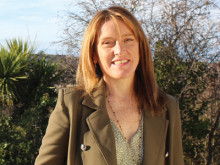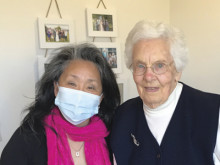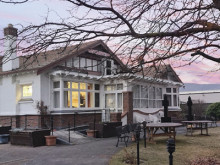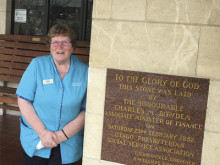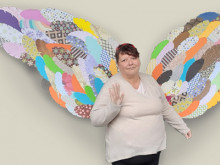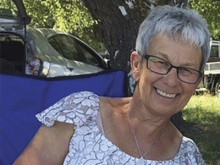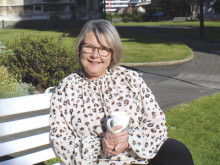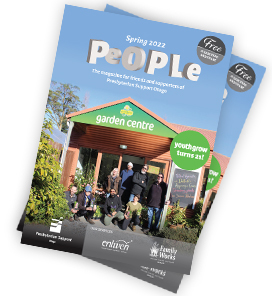The aged care sector is being hit especially hard.
Nurses are vital members of our Enliven care home teams, but they are under more and more pressure. A shortage of nurses means they are working many extra hours and shifts to try and cover the gaps.
On top of the nurse shortage, many nurses in aged care are paid substantially less on average than nurses in the DHB system, due to the way the New Zealand government under-funds aged care.
One of PSO’s aims is to call out injustice and advocate for positive social change, so PSO is calling on the government to make changes to immigration settings and to fund pay parity for aged care nurses.
Other major providers of aged care facing the same problems are making the same demands. Over 1000 aged care beds have closed nationally and without change, more will likely need to close.
PSO’s CEO and Acting Enliven Director, Jo Rowe has written an open letter to the Prime Minister, Health Minister, Immigration Minister and all Otago based MPs to highlight the urgent need for the changes.
PSO has been actively advocating in the media on these issues. In an interview with RNZ’s Morning Report in July, Jo Rowe said:
“Our immigration settings make it extremely difficult for overseas nurses to come in. Allowing them residency prior to arrival, or on arrival, would make us a much more attractive option.
It’s ridiculous that there isn’t pay parity for all nurses in New Zealand. A community nurse or registered nurse working in the aged care sector has specific skills, and should be acknowledged for them.
For example, caring for people with dementia and psycho-geriatric conditions is an absolute specialism and it takes a lot of skill and a lot of training.”
Why is NZ residency for nurses important?
In May 2022, the Government published a ‘green list’ aimed at giving high-skilled migrants in hard-to-fill jobs a quicker pathway to residency when the borders fully reopen.
Occupations like GPs and engineers are on the fast-tracked ‘Straight to Residence’ pathway and will be able to apply for residency from September this year, but nurses are among those on a separate list, which means they will have to be in New Zealand for two years before they can achieve residency.
Nurses from overseas are reluctant to come to New Zealand on a two-year visa, as this does not offer certainty for them and their families. Traditionally, New Zealand has been able to attract highly trained nurses from countries such as the UK, Philippines, Singapore, and India. More recently, nurses from the United States are showing a strong interest in emigrating. All these nurses are more likely to choose a country that can offer them immediate residency.
Why is pay parity important?
Big commercial providers of aged care, such as Rymans, cross-subsidise their care homes with profits they make from the sale of their retirement village units. This means they can afford to ‘top up’ their nurses’ wages, so they are less likely to be attracted away to roles in the DHB and elsewhere. Although they can offer better pay, even the big providers are struggling to find enough nurses to fill all their vacancies.
In contrast to the big providers, many NZ care homes (47% of all aged care beds) are owned by charities like PSO, smaller organisations, or independent owners. These care homes rely primarily on government funding to pay staff wages, so they regularly lose nurses to higher paid roles.
How you can help
- Talk with or write to your MP.
- Please be patient and kind when dealing with our staff.
- Can you volunteer at your local Enliven home?
- Stand with us as we fight for a better deal for the aged care sector. Older people need and deserve to live in aged care settings that attract and retain wonderful, caring staff.
The personal impact
One of our most senior nurses has written about the reality of what it means to be a health professional working in aged care in New Zealand today.
“I am extremely tired. I continue because to stop would place extra strain on an already broken system. I fear that if I do stop, it will be very hard to start again.
I have two young children who need me as their mum, and I need to spend time with them. How can I make them understand that I care both for them and our residents and make them understand why I am working so much?
I have a wonderful husband but how can I expect him to know how I see my responsibilities at work and why I need to work so much? We have little time for ourselves, and the children and I rely on him so much to do things at home when he also works so hard at his job. How do we make our extremely tight budget stretch to cover the most basic needs?”
Registered Nurse, Enliven

